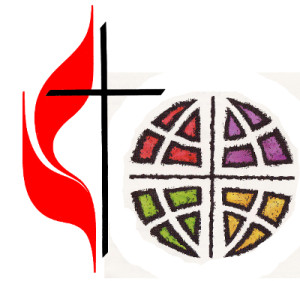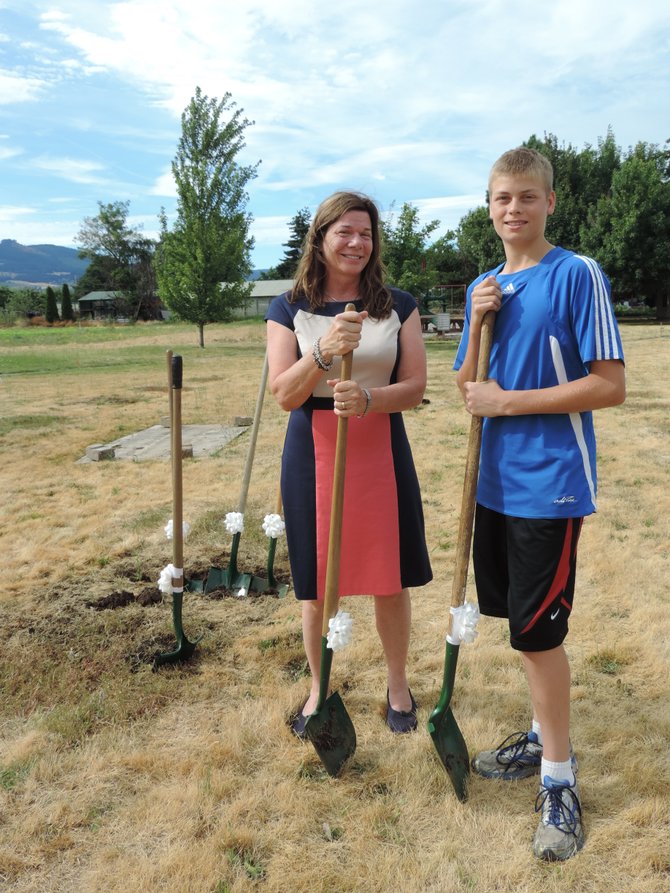This Wednesday we begin the Animate Bible study. This isn’t about reading from Genesis to Revelation. This is about wrestling with how the bible was created, how it has been understood across history, and how it’s supposed to interact with our lives now. We invite you to come on Wednesdays at 6:00 pm for supper and 6:30 for the study.




